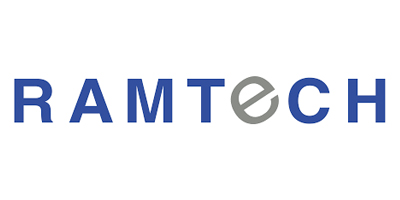

Welcome to the School of Humanities & Social Sciences at DRIEMS University, Cuttack. At our school, we are committed to fostering an intellectual environment that embraces creativity and a deep understanding of the human experience. Our faculty members and students work together to explore the rich complexities of social and professional communication, human societies, culture and behavior providing insights that are critical to solving today’s global challenges.
With a diverse array of disciplines under this umbrella – from English to Economics and Organizational Psychology – we encourage an interdisciplinary approach that equips our students
with the tools to think deeply, question assumptions and engage with the world in meaningful ways.
The subjects we offer at UG, PG and PhD level are designed not only to advance our students’ academic knowledge but also to prepare our students for dynamic careers in a rapidly changing world. Whether you aspire to be a scholar, a policymaker, a leader or an entrepreneur, our school offers the resources, guidance, and opportunities you need to succeed.
We are proud of our vibrant community of scholars, students, and we invite you to explore how our work continues to make an impact both locally and globally. We look forward to welcoming you to our academic family and supporting your journey towards intellectual and professional achievement.
The School of Humanities and Social Sciences at our university is a vibrant and inclusive community where diverse perspectives converge to shape a more compassionate and equitable world. With a vision to cultivate critical thinking, empathy, and global citizenship, we empower students with a deep understanding of human experiences, societal challenges, and cultural diversity. Through interdisciplinary learning and a commitment to promoting empathy, equity, and social justice, we strive to foster an environment where every voice is heard and valued. As an integral part of our university, the School of Humanities and Social Sciences contributes to our mission of advancing knowledge, fostering creativity, and preparing socially responsible leaders. Join us in creating a brighter future for all.
◆ To offer a holistic approach to technical education by enhancing communication skill & personality development
◆ M1: To foster innovation and equip students with skills to analyze socio-economic and cultural implication in various real-life situations.
◆ M2: To integrate effective communication skills, interdisciplinary understanding and societal engagement among students to prepare them for diverse global challenges
M.A Econmics
M.A. English



I was a part of the DRIEMS family in the year of 2007-2011.DRIEMS' emphasis on teamwork and collaboration laid a solid foundation for my career in project management. The group projects and team-building activities honed my interpersonal skills, making me a more effective leader. DRIEMS shapes not just engineers but leaders of tomorrow.

I was privileged to be a part of DRIEMS and completed my journey in the year 2004.DRIEMS stands out for its vibrant ecosystem that nurtures innovation. The entrepreneurial spirit instilled during my BTech years has been invaluable in my journey as an entrepreneur. DRIEMS truly fosters a culture of thinking beyond the ordinary.

I am an alumnus of the 2003 batch of DRIEMS and I am proud to be a part of it. This college has produced a number of quality engineers who are excelling in their field all around the globe. This college has a team of highly educated faculties to impart quality education to it's students. Lastly this is the best college to carve the future of a budding talent.

I am Prakash Patel.Completed my B.Tech from DRIEMS University in the year2003. I am immensely proud to be an alumnus of DRIEMS. The collaborative learning environment, coupled with practical exposure, laid the groundwork for a successful career. The industry connections facilitated by the college have been pivotal in shaping my journey from student to professional.

I was part of DRIEMS from the year 20017-2021. Attending DRIEMS has been a transformative journey for me. The vibrant academic environment, coupled with dedicated faculty members, has significantly contributed to my overall growth and learning. The state-of-the-art infrastructure and well-equipped laboratories provided me with practical exposure.....









DRIEMS, a Premier Technical Institute of India with the highest ‘A’ Grade by NAAC (under UGC) has grown from strength to strength since its inception in 1999.
© 2025 DRIEMS University | All Rights Reserved